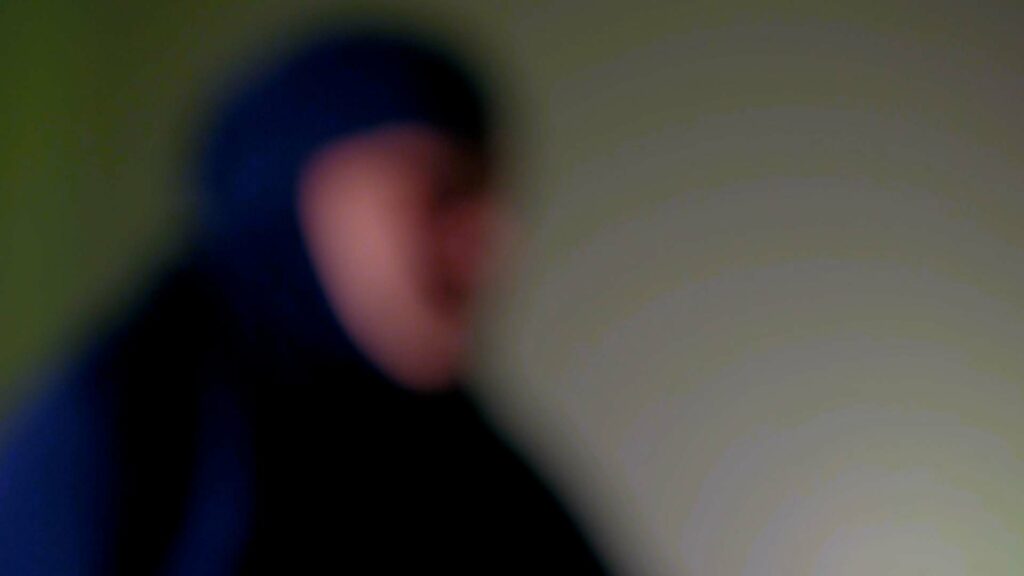Yusra’s children watched as their mother was arrested in front of their very eyes. She was then sent to prison and separated from them. Her time in prison led to her darkest days, and upon her release things didn’t get any easier. Homeless, and fighting for custody of her children Yusra struggled to cope. HHUGS stepped in when Yusra needed them most, and helped changed her and her children’s lives.
I was at home with my children, getting ready to go shopping, when we heard a knock on the door. I wasn’t sure who it was, so I looked outside the window and saw two women and four men, all suited, not wearing police uniforms. They said they were counterterrorism officers. They didn’t arrest me, they said they just wanted to ask me questions. I was confused; I didn’t know why they were coming over or what they wanted to investigate. It was scary; you just start thinking about everything. You don’t know what is going to happen.
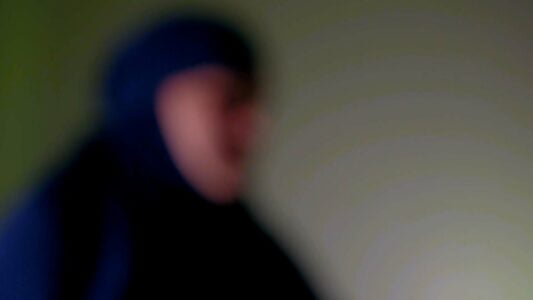
My 5-year-old son was really scared, and my youngest son was sleeping in the cot. They wouldn’t let me touch my children; they didn’t even let me see my younger son that was crying. I had to stay in a room and wait for my sister to come, whilst they were looking around the house.
It was horrible, because they didn’t say they were going to take me away and I would not come back. I was taken to a building for questioning. They take your fingerprints, ask your details, strip search you, and then take you to into this room where there’s nothing apart from a TV, playing the same two things on repeat. It was a kind of mental torture where they would have the same things playing on repeat, in order to keep you up, and you had no control to turn the TV off or on. They constantly knock on your door to keep you up. They do this for as long as they want – until the judge tells them to stop, basically.
They would keep on banging on the doors, telling you it’s time for questioning – whether its 1am, 2am, 3am, and sometimes 4am and 5am. They constantly ask you the same questions over and over. You are so tired and exhausted that you feel like giving up, your body just gives up.
It was just so crazy that even to this day, I am mentally affected by it all. When I talk about it, it builds up all this emotion because you just never think you would be in that situation, especially in this country. When you go through this whole terrorism process, you realise that you have no rights. You cannot even pray. They don’t even give you a hijab to pray or anything.
You cannot have contact with the outside. Your solicitor is not allowed to tell you anything. You have ‘breaks’ but the breaks are in a cage that is 6ft by 6ft, and you have officers surrounding you. Even when you go for a shower, you are surrounded by officers, so you’re not privately left alone ever.
In this situation, you have so much going around in your head that it’s like everything is a blur. You just feel like it is all a dream.
A hidden sentence
I was in that prison for three weeks, going through the same questioning, day and night, for three weeks. You have no physical rest, so you are exhausted. You just feel like the whole world has turned upside down, but alhamdulillah, because you believe in Allah, you try to put your faith in Allah and just hope that everything gets better.
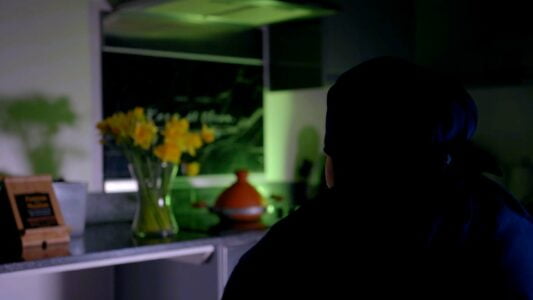
My family weren’t here at the time of my arrest. They were away on holiday, so when they returned home, their plane was stopped and my parents were taken off board for questioning. They were both so confused as to what was happening.
My younger sister was looking after my children, so that social services didn’t take them. When I spoke to her by phone the next day, she was crying. She told me the children were okay and not to worry about them.
Emotionally and physically, it was draining for all of them. They couldn’t even leave the house without the media being there, outside my mum’s house, and constantly making a big story about it, trying to pay people from my school for information. People tried not be around as much because they thought the police were going to follow them or ask them questions.
It was just really horrible for my family.
My younger brother was being bullied in school because everybody knew I was his sister. They would say, “You’re the brother of the terrorist”. Teachers would treat him a certain way as a result, and he would feel the need to defend himself. You’d feel like why do all of these innocent people have to suffer and defend themselves, they didn’t do anything?
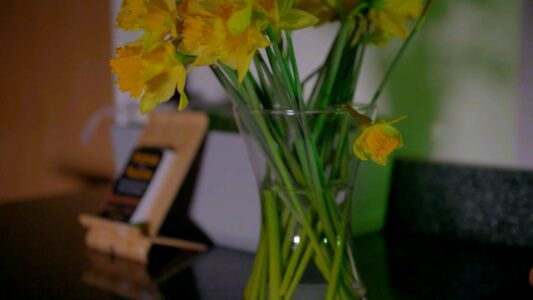 When I was released, because the newspaper had put out my address, I got a lot of death threats from the EDL, from everywhere. It was so scary to even go on the train because you don’t know what is going to happen. They’d say, are we going to kill her, are we going to slice her up? She and her children should go back to their country – knowing full well that I was born here, I don’t know what country I’m expected to go back to.
When I was released, because the newspaper had put out my address, I got a lot of death threats from the EDL, from everywhere. It was so scary to even go on the train because you don’t know what is going to happen. They’d say, are we going to kill her, are we going to slice her up? She and her children should go back to their country – knowing full well that I was born here, I don’t know what country I’m expected to go back to.
Bullied and broken
The worst thing was that the death threats were to my children too. That was the most horrible thing: knowing that my children were involved in everything too.
My oldest son has been bullied since the day I got arrested. He is still getting attacked in school because of it, and I’m the only parent dealing with it as he doesn’t really have contact with his dad. Sometimes he comes home so angry, and says, “it’s all your fault, what I’m going through”. Then later, he will say sorry, “I just said that because I’m angry and I’m being bullied”.
He is thirteen now, so it has been five years that he has been bullied. It has affected him mentally. He now suffers from PTSD, trauma, anxiety, and self-confidence issues.
He is very smart and understands everything. Even at the time of my arrest, he knew I might be going to prison, but we just avoided that conversation and didn’t even talk about it. Most of the time, I couldn’t even see them much because I was so busy with the solicitors, trying to do what I had to do to make sure that my family was protected.
With my younger child, I missed his crawling, walking and everything when I went to prison; my sister was there for all of that instead.
The pain of separation
After everything that happened, I was so embarrassed by it all that I didn’t see my parents for 2 months; I was so nervous and scared.
I remember when my dad first came to see me, with my sister and children. He is the most understanding man ever. He doesn’t judge, he understands. He always says that Allah only tests those He loves and He doesn’t just choose anyone to go through hardships. It was really nice, because there were sisters there in prison whose parents had disowned them. They didn’t have anyone come visit them. So, for me, having that support from my mum and my dad, my siblings was really nice, knowing you have that support and no one has disowned you.
I remember when the whole family sent me a card – my mum, dad, sister, brother and children all wrote something on there. They wrote a hadith on there about being tested and saying how Allah tested us by taking me away from my children, and He tested us by having me in prison. I remember reading that repeatedly every single night and day. It was so nice to have that in my room.
They kept visiting me 3 times a week with the whole family. Sometimes we used to have night visits. Every night visit, we had a 5 hours visit and she would make sure she got time off work so she could come with the children.
But when the children came for their prison visits, social services were sat watching us. They were looking at how I am towards my children and what I say to them. The most horrible part is that the children didn’t feel free, they didn’t feel like they could come and be free to hug me. We always had someone watching over us and it was not a nice feeling for the children, they hated it.
It was always emotional saying goodbye to everyone during prison visits. When my older son would visit me, he wouldn’t let me go. He would say, I want to come into your room, I want to stay with you. But I had to tell him he couldn’t come. I struggled to explain it to him.
Having to say goodbye to my children when their prison visit ended was the worst. I hated going upstairs, knowing I had said goodbye to my children and wouldn’t see them for another week. There was one point where my kids were coming every single day and it got a bit overwhelming for me; Seeing them leaving to go home affected me so much, that I had to ask my sister for some time off without seeing them so much. It affects you mentally.
I remember I felt like I was in a daze. I was in prison, but my body, I don’t know; it’s so weird, you know you’re in prison and you’re thinking there’s no way am I here, so you try to block out it all out. You try not to block out the fact that you have left your children, but you don’t sleep and can’t eat. In the middle of the night, you have this thought that something has happened to your children, and you don’t sleep, because you can’t wait to wake up in the morning to phone and see if they’re okay. I constantly had that feeling, that something had happened to my children, and I would not sleep all night.
Even now, I suffer from insomnia, PTSD, trauma and a constant feeling that something bad is going to happen to my kids. I constantly think that social services are going to take my kids away, so I’m constantly walking on eggshells, It’s a fear that you live with all your life. You live with guilt and are constantly feeling like you should just give them what they want because you feel bad for what you have done to them.
Life Behind Bars
I’m the kind of person that blocks things off in my head, so it doesn’t affect me. In prison, you have to be so tough, you have to not show any weakness. If people see a weak side, they know they can trouble you and they’ll make your life hell. I’ve seen that happen to so many sisters as well and you have to unfortunately be tough. Being that way kind of shuts off your heart; when you do leave prison, it’s very hard to open up again.
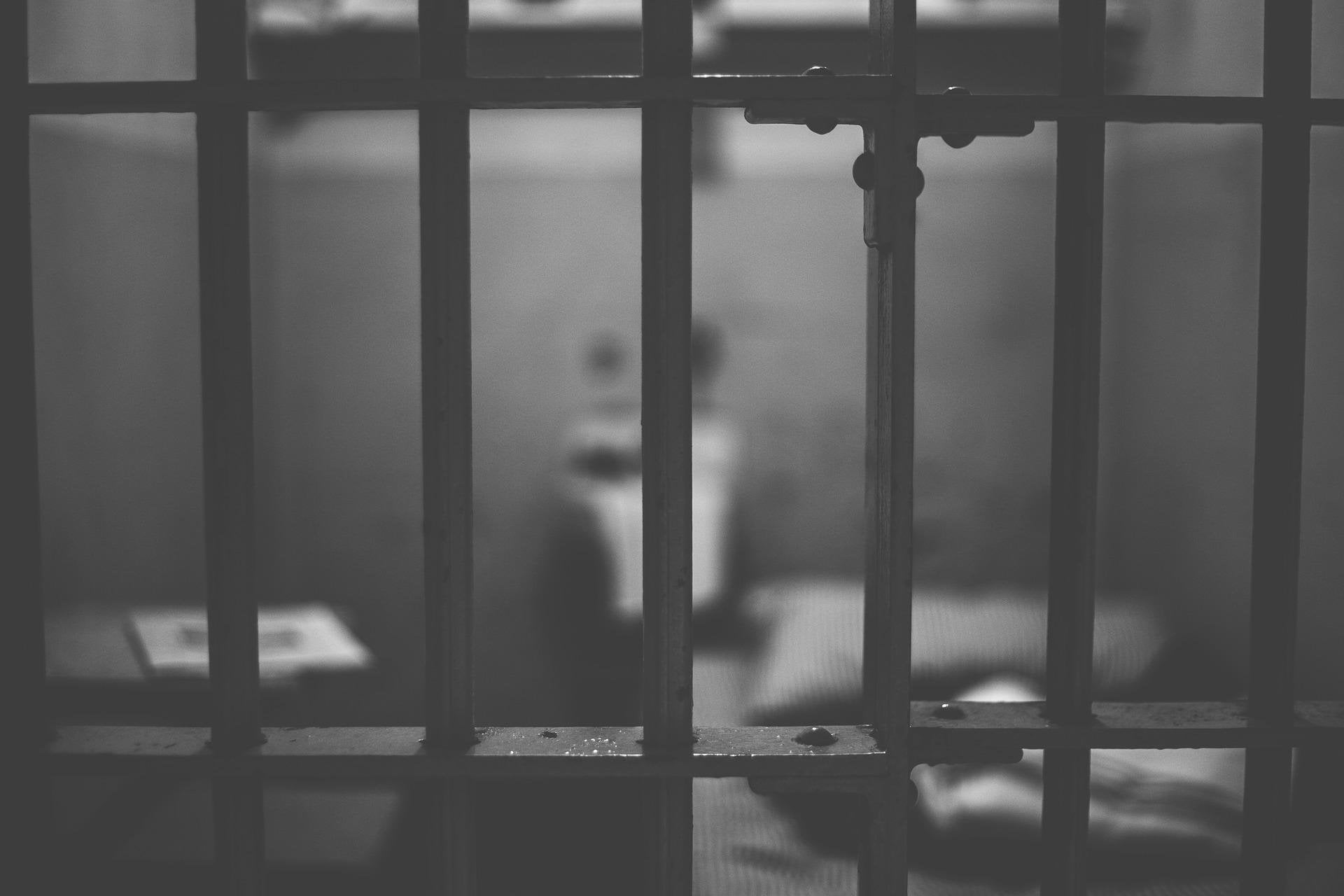
The biggest challenge going to prison was everyone stereotyping you. When I went to prison, all the other women actually believed what they had read about me. I was painted as the most horrible person ever, without really knowing anything about my story. I had to put up with people that were murderers, serial killers. People wanted to fight you or stab you. I had to learn how to defend myself in there too. I even had a serial killer on my landing. She didn’t like the fact I got on with people and threatened to kill me and do a lot of things to me. She actually stabbed my cell mate on the neck, 2cm away from her jugular vein, SubhanAllah, we actually got in trouble for it, not the woman who was responsible.
There were women in there who used to have “British and Proud” tattoos who would say, “Look at this terrorist,” when they saw me, but when they got to know me, a lot of them, slowly, slowly started changing their minds. It started becoming easier for us sisters in prison because the other inmates began to see what we were really like and not what the media were saying.
More than the other inmates, the biggest problem we had were with the officers, whenever it came to anything to do with Islam, it was very hard to express. The focus all became about radicalisation. I remember police started to sit inside our Friday sermons, having to listen in and that wasn’t normal for us. The police normally sit outside with the doors open. We had like sisters’ circles on a Wednesday, which they stopped too, where we were learning the Arabic alphabet and how to read Qur’an. They stopped a lot of things for us and we had to fight for everything. The prison was just so horrible whenever it was anything to do with Friday prayers or Ramadhan; they would just make it so hard.
I remember I used to say to my parents that I was scared I would go into depression during Ramadhan. Sometimes at night you feel so depressed thinking about all your family breaking fast together. However, that Ramadhan was one of the best Ramadhans I’ve had, because I had a lot of time to get closer to Allah and find myself as well. I needed to find myself.
